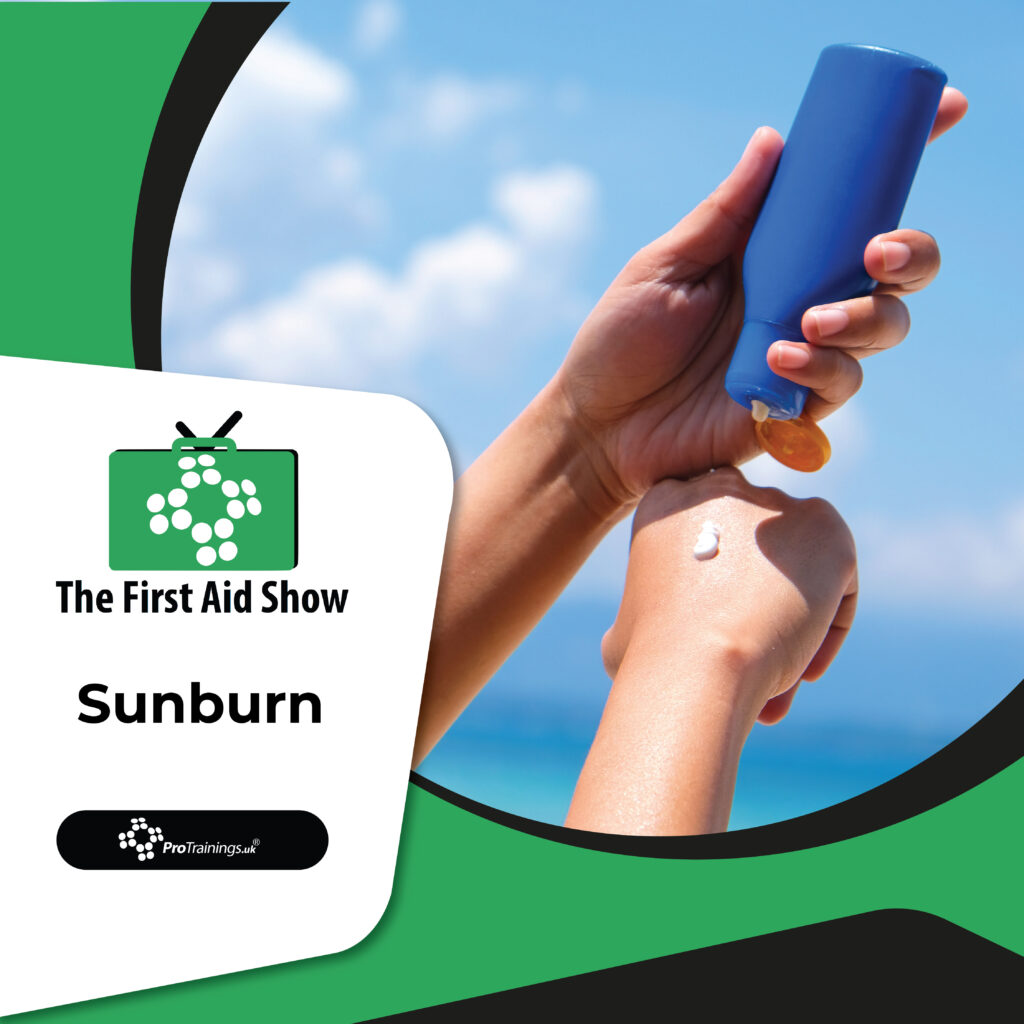Understanding and Managing Sunburn
Sunburn, while commonly viewed as a temporary skin irritation, can have long-lasting effects on your skin’s health. Preventing sunburn is essential to maintaining skin health and preventing more severe complications, including skin cancer.
Preventing Sunburn
To effectively prevent sunburn, it’s crucial to adopt comprehensive sun protection measures. Applying a broad-spectrum sunscreen with a Sun Protection Factor (SPF) of at least 30 is a fundamental step. This type of sunscreen not only protects against UVB rays, known for causing sunburn, but also UVA rays, which are linked to deeper skin damage. Even on overcast days, UV rays can penetrate clouds, making sunscreen necessary regardless of the weather.
Reapplying sunscreen every two hours is vital, especially after swimming, sweating, or towel drying. Additionally, wearing protective clothing such as a wide-brimmed hat, long sleeves, and UV-blocking sunglasses can significantly reduce your risk. Seeking shade during peak sunlight hours, typically from 10 a.m. to 4 p.m., further minimises your exposure to harmful UV rays. Moreover, avoiding tanning beds is crucial as they emit large amounts of UVA, which can accelerate skin aging and risk of skin cancer.
Treating Sunburn
Despite best efforts, if you find yourself with sunburn, prompt action is key to managing discomfort and supporting the skin’s healing process. Initially, cooling the skin with a gentle cold shower or bath, or applying a cold, damp towel to the affected areas, can provide immediate relief. It’s important to hydrate vigorously because sunburn draws fluid to the skin surface and away from the rest of the body.
Applying soothing lotions containing aloe vera or soy can help moisturise the skin and reduce the feeling of tightness. Lotions that contain alcohol should be avoided as they can further dry out the skin. For persistent discomfort, over-the-counter pain relievers like ibuprofen or paracetamol can be used to reduce inflammation and pain. Remember, as your skin heals, keep it protected from the sun by covering up or staying in the shade until it’s fully recovered.
Long-term Considerations
Repeated sunburn can increase the risk of permanent skin damage and skin cancer. Therefore, consistent application of preventive measures is not only about immediate comfort but also about long-term health benefits. Monitoring your skin for any changes or abnormalities, particularly if you’ve experienced frequent sunburns, is advisable. Consulting with a healthcare provider for persistent or severe skin issues is also recommended.
In conclusion, while sunburn may seem like a minor inconvenience, its impact on skin health can be significant. By implementing preventive strategies and treating sunburn promptly, you can enjoy the sun safely and maintain healthy skin.


